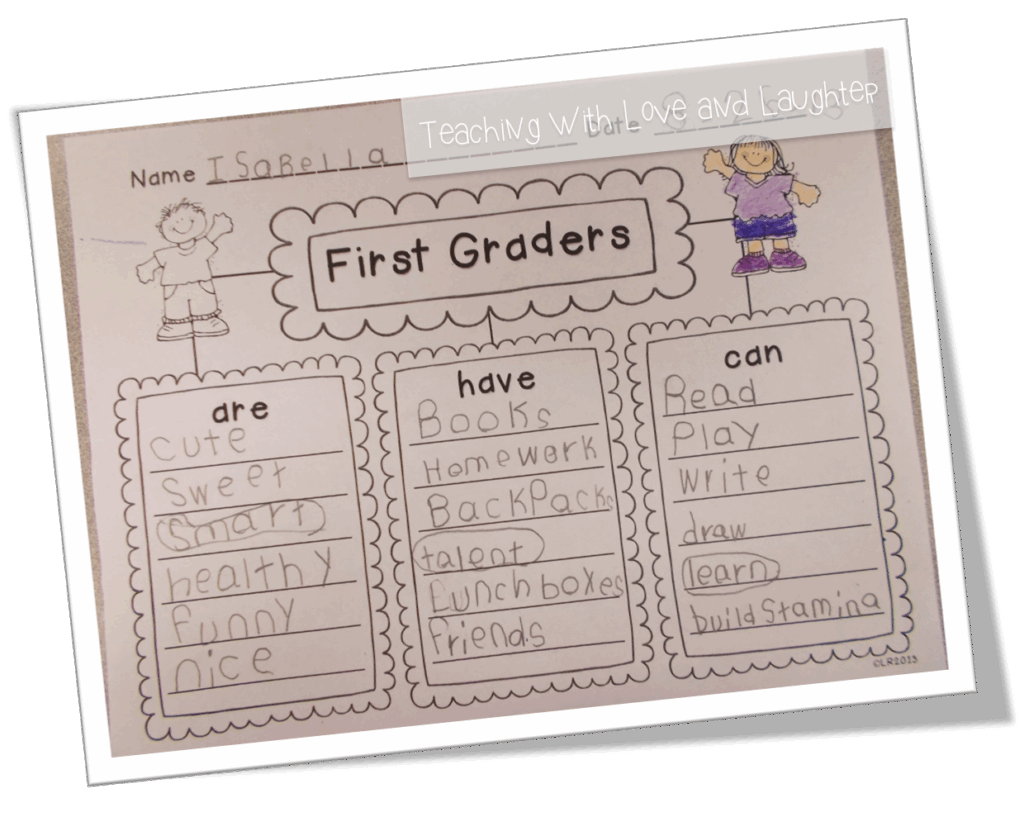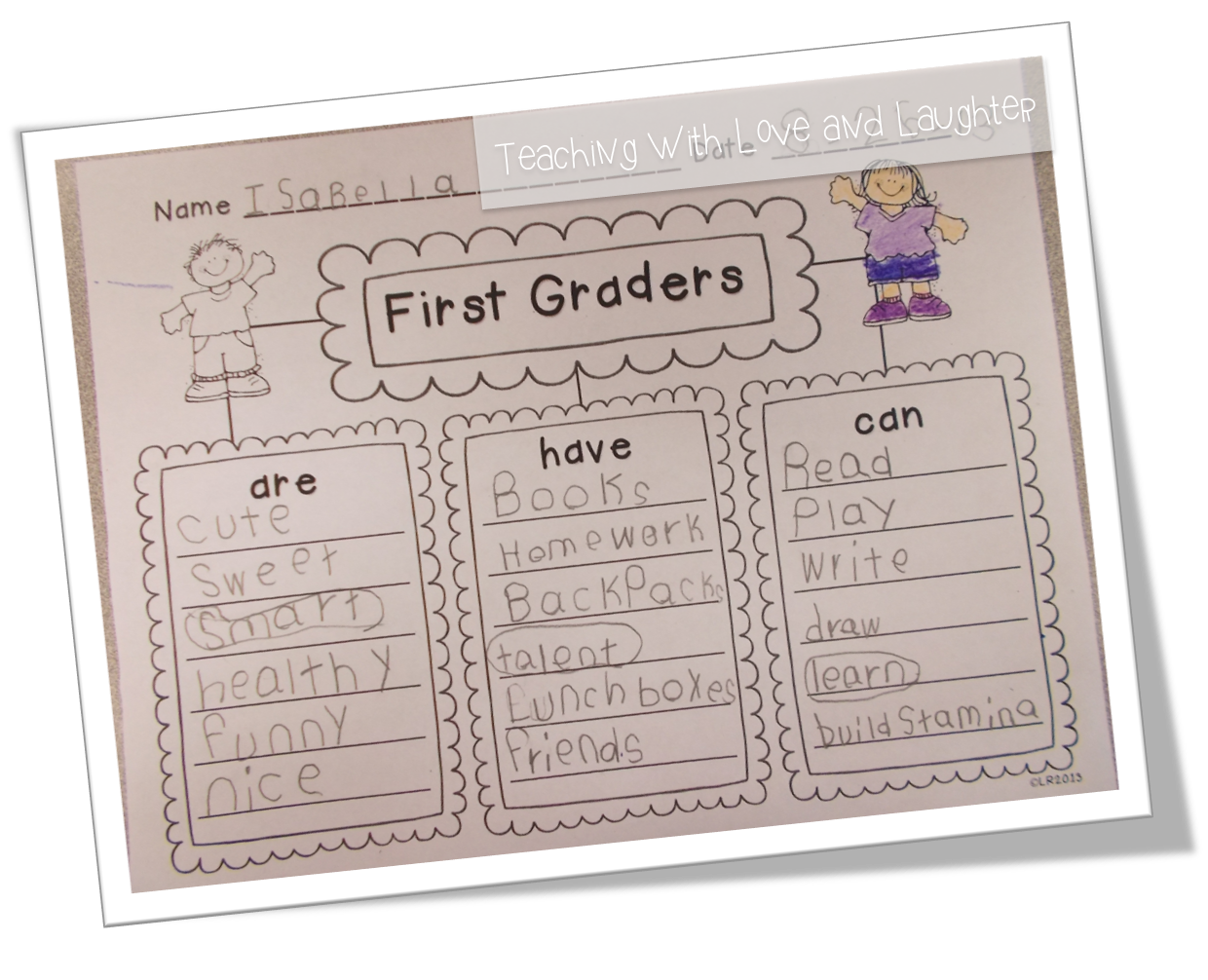
Navigating First Grade: A Comprehensive Guide for Parents and Educators
First grade marks a significant milestone in a child’s educational journey. It’s a year of exciting new challenges, friendships, and foundational learning. Understanding what to expect and how to support your first grader is crucial for a successful and enjoyable year. This comprehensive guide aims to provide parents and educators with valuable insights into the first grade curriculum, developmental milestones, and effective strategies for fostering a love of learning in young children. For many children, first grade is the first time they experience a full school day, and the adjustment can be significant.
What to Expect in First Grade
The first grade curriculum typically focuses on building foundational skills in reading, writing, and mathematics. Social and emotional development is also a key component of the first grade experience. Let’s delve into each of these areas:
Reading
Reading instruction in first grade emphasizes phonics, fluency, and comprehension. Students learn to decode words, recognize sight words, and understand the meaning of what they read. Common activities include:
- Phonics Instruction: Learning letter sounds and how to blend them together to read words.
- Sight Word Recognition: Memorizing commonly used words that don’t follow phonetic rules (e.g., the, said, was).
- Reading Comprehension: Answering questions about stories, identifying the main idea, and making inferences.
- Shared Reading: Reading aloud together as a class, with the teacher modeling fluent reading and comprehension strategies.
Encourage your first grader to read at home by providing access to a variety of books and making reading a fun and engaging activity. [See also: Tips for Encouraging Reading in Young Children]
Writing
Writing in first grade focuses on developing basic writing skills, such as forming letters correctly, writing simple sentences, and expressing ideas in a clear and organized manner. Activities may include:
- Sentence Writing: Constructing simple sentences with a subject, verb, and object.
- Journaling: Writing daily entries about personal experiences or thoughts.
- Story Writing: Creating short stories with a beginning, middle, and end.
- Handwriting Practice: Developing legible handwriting skills through practice exercises.
Support your first grader’s writing development by providing opportunities for them to write at home, such as writing thank-you notes, creating stories, or keeping a journal. [See also: Fun Writing Activities for Kids]
Mathematics
Mathematics instruction in first grade focuses on developing number sense, basic addition and subtraction skills, and understanding shapes and measurement. Common topics include:
- Number Recognition: Identifying and writing numbers up to 100.
- Counting: Counting forward and backward, by ones, twos, fives, and tens.
- Addition and Subtraction: Solving simple addition and subtraction problems using manipulatives and mental math strategies.
- Geometry: Identifying and classifying shapes (e.g., circles, squares, triangles).
- Measurement: Measuring length, weight, and volume using non-standard units (e.g., blocks, paper clips).
Help your first grader develop their math skills by incorporating math into everyday activities, such as counting objects, measuring ingredients while cooking, or playing math games. [See also: Making Math Fun for First Graders]
Social and Emotional Development
Social and emotional development is an integral part of the first grade curriculum. Students learn to cooperate with others, resolve conflicts peacefully, and develop empathy and self-awareness. Activities may include:
- Group Work: Working collaboratively with classmates on projects and activities.
- Social Skills Lessons: Learning about topics such as sharing, taking turns, and respecting others.
- Conflict Resolution Strategies: Developing skills for resolving disagreements peacefully.
- Emotional Regulation: Learning to identify and manage emotions in a healthy way.
Support your first grader’s social and emotional development by encouraging them to talk about their feelings, practice empathy, and develop positive relationships with their peers. [See also: Supporting Social-Emotional Learning at Home]
Supporting Your First Grader’s Success
Parents and educators play a crucial role in supporting a first grader’s success. Here are some effective strategies:
Create a Supportive Learning Environment at Home
Establish a designated study space that is free from distractions. Provide your first grader with the necessary supplies, such as pencils, paper, and crayons. Set aside time each day for homework and reading. Make learning a fun and engaging experience by incorporating games, activities, and real-world examples.
Communicate Regularly with the Teacher
Maintain open communication with your child’s teacher. Attend parent-teacher conferences, respond to emails promptly, and share any concerns or observations you may have. Work together with the teacher to create a consistent and supportive learning environment for your first grader.
Encourage a Love of Learning
Foster a love of learning by exposing your first grader to a variety of experiences, such as visiting museums, attending concerts, and exploring nature. Encourage curiosity and ask open-ended questions. Celebrate your child’s accomplishments and provide positive reinforcement for their efforts. A positive attitude towards learning is crucial for first graders.
Address Challenges Promptly
If your first grader is struggling in a particular area, address the challenges promptly. Talk to the teacher to identify the root cause of the problem and develop a plan for intervention. Seek additional support if needed, such as tutoring or special education services. Early intervention can help prevent further academic difficulties.
Promote Independence and Responsibility
Encourage your first grader to take responsibility for their own learning. Help them develop organizational skills, such as keeping track of assignments and managing their time effectively. Encourage them to ask questions and seek help when needed. Fostering independence and responsibility will help your first grader develop into a confident and self-directed learner. Many parents find that first graders are capable of more responsibility than they initially thought.
Addressing Common Concerns
Parents often have questions and concerns about their child’s first grade experience. Here are some common concerns and helpful tips:
Separation Anxiety
Some first graders may experience separation anxiety, especially at the beginning of the school year. Create a consistent morning routine and reassure your child that you will be back to pick them up. Talk to the teacher about strategies for helping your child adjust to the school environment. Short, confident goodbyes are often the most effective.
Homework Struggles
If your first grader is struggling with homework, break down assignments into smaller, more manageable tasks. Provide assistance as needed, but encourage your child to complete the work independently. Communicate with the teacher if homework is consistently taking too long or causing frustration. Remember that homework should reinforce learning, not create undue stress.
Social Difficulties
If your first grader is experiencing social difficulties, encourage them to participate in extracurricular activities and join clubs or sports teams. Help them develop social skills by practicing role-playing scenarios and discussing strategies for making friends. Talk to the teacher or school counselor if you are concerned about bullying or other social issues. First grade is a crucial time for developing social skills.
The Long-Term Impact of First Grade
The experiences and skills acquired in first grade lay the foundation for future academic success. A positive and supportive first grade experience can foster a lifelong love of learning and set children on a path to achieving their full potential. By understanding the curriculum, supporting your child’s development, and addressing challenges promptly, you can help your first grader thrive and succeed in this important year. Remember to celebrate the small victories and focus on building a strong foundation for future learning. The skills learned in first grade, from reading and writing to social interaction, are essential building blocks for future academic and personal growth.
First grade is a pivotal year in a child’s education, shaping their attitudes towards learning and their fundamental skills. By actively engaging in their education and providing the necessary support, parents and educators can ensure a successful and enriching first grade experience for every child. A well-supported first grader is a confident and engaged learner, ready to tackle the challenges and opportunities that lie ahead.

